How do I pay myself as a Director?
This is a question we often face from new company directors, how to pay yourself from the company.
As part of our £375+VAT package for a new limited company we offer the following;
- company formation (including the option to have the company phrased as a special purpose vehicle for a property rental company)
- we will register a single director with HMRC for self-assessment
- we set up the payroll scheme
- we arrange your chart of accounts on online software and set up the bank feed so transactions are automatically recorded
So the two ways to get paid are in the form of a monthly salary run from a payroll set up by the limited company and the second way is through dividend allocations based on the company’s annual post-tax profit.
A salary is treated as an expense to the business, therefore decreasing profits, reducing corporation tax, and in turn, minimising the amount of dividends available to then be attributed to each shareholder.
We suggest (correct as of the 23/24 tax year) a salary of £9,096 per annum (£758 p/m) as this is the minimum amount to qualify for a state pension (also known as the secondary threshold). If there are 2 or more directors (on the secondary threshold or above) or any additional staff on the payroll above the secondary threshold for the company, the Employment Allowance offered by the government becomes available, giving the company £5,000 ‘pot’ towards the employer’s NI contributions.
If the company posts a profit, the value of the post-tax profit can be allocated as dividends to the shareholder(s) of the company. If there is more than one shareholder, then the dividends are allocated dependent on the percentage of shares held by each shareholder.
Unfortunately, the tax efficiency of dividends is being reduced. For the 22/23 tax year there is a £2,000 tax-free allowance, for 2023/24 there will only be a £1,000 tax-free allowance and for 2024/25 it has been stated that it will be halved again to £500.
The amount of tax you pay on dividends will be dependent on your income tax band which includes your tax-free allowance, and any earnings from the limited company and any other earnings outside.
This will need to be declared on a self-assessment tax return to HMRC, which covers the period of the UK tax year from 6th April to 5th April every year.
As part of our £375+VAT package we can enrol one shareholder/director onto the self-assessment scheme with HMRC to obtain a Unique Tax Reference (UTR) to allow them to comply with their personal tax obligations in the future. Contact us on 020 8761 8000 for more information.

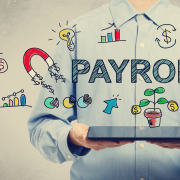

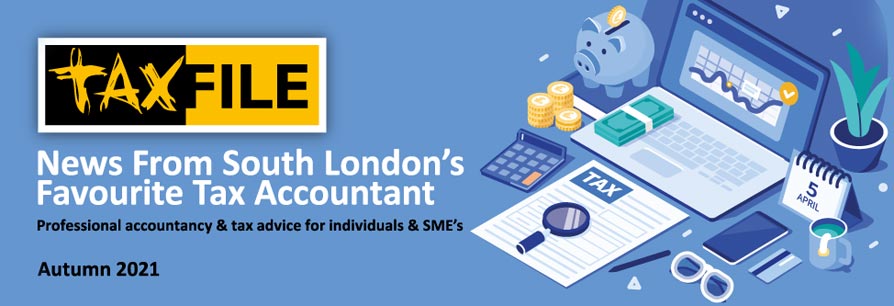
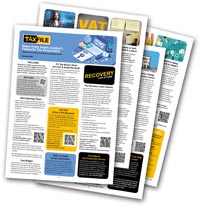 Welcome to Taxfile’s Autumn Newsletter for 2021. One of our biggest yet, it includes useful tax- and accountancy-related news that you need to be aware of, ways to save time or money – and much more. Take a look!
Welcome to Taxfile’s Autumn Newsletter for 2021. One of our biggest yet, it includes useful tax- and accountancy-related news that you need to be aware of, ways to save time or money – and much more. Take a look! You’ll find QR codes throughout the newsletter. These are a quick and easy way to access further information about the topic. Assuming you are viewing the newsletter on a desktop device or a printed* version, simply point your mobile camera phone at a QR code and then open the link that pops up. Your mobile’s browser will then take you straight to the information page. Alternatively, we supply simple link URLs to simply tap in.
You’ll find QR codes throughout the newsletter. These are a quick and easy way to access further information about the topic. Assuming you are viewing the newsletter on a desktop device or a printed* version, simply point your mobile camera phone at a QR code and then open the link that pops up. Your mobile’s browser will then take you straight to the information page. Alternatively, we supply simple link URLs to simply tap in.
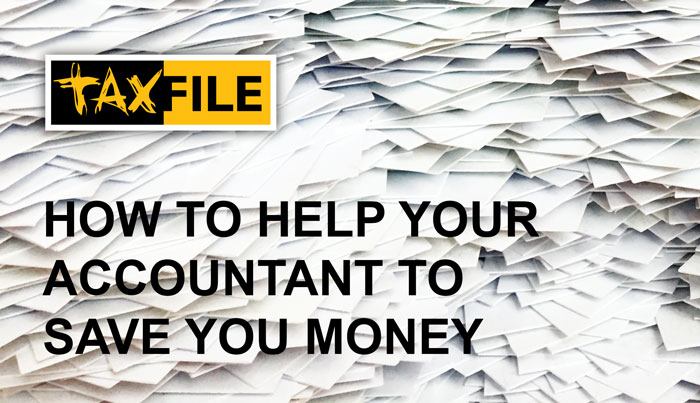

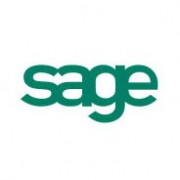
 [UPDATE: Please note that this offer has now expired]. Get Sage One Cashbook
[UPDATE: Please note that this offer has now expired]. Get Sage One Cashbook